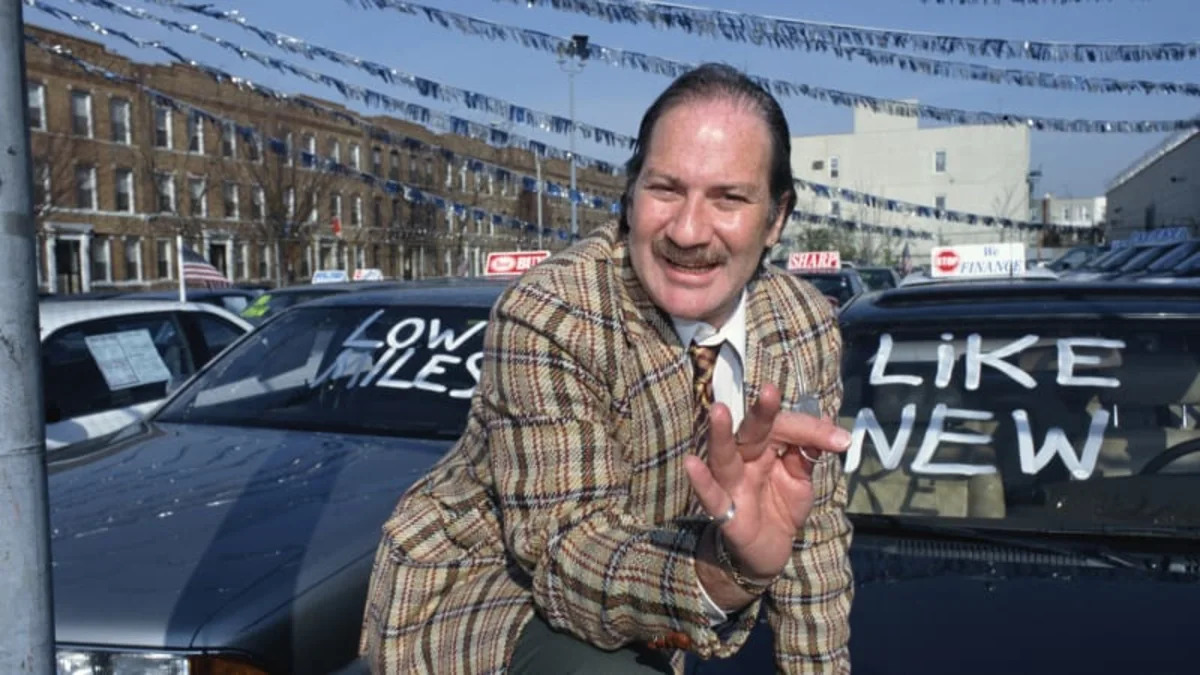It's happened to everyone at some point - you turn the key in the ignition, but your car doesn't start. It's the fifth problem you've had with your car in as many months. Or, maybe your best friend just bought an awesome new 4x4 pickup, and you're jealous. For whatever reason, you're primed to get yourself a new vehicle, but you'll want to get the best deal you possibly can.
Don't be too eager
You can be your own worst enemy when setting out to buy a new car, particularly when you lay eyes on a model you think you can't possibly live without. Dealers want to sell you a car off the lot as soon as possible. Take your time to make sure you're buying the right car and that the finances work out. If you owe on a current car you could be told it's no problem that you haven't yet paid off the vehicle you're currently driving - you can just roll over the balance of your old loan into the new loan.
Keep in mind your old balance won't go away. It's added to the amount you're borrowing for your new car, so the loan could stretch an additional year or two, allowing you to pay off the extra balance with an affordable monthly payment. Given the rate at which new cars depreciate, you could find yourself owing more than your new car is worth in the not-too-distant future.
Know your car's trade-in value
You'll want to know exactly how much your existing vehicle is worth before you trade it in, even if it's paid off. The National Automobile Dealers Association publishes an annual guide that tells you what you should expect the dealership to give you for your vehicle based on its condition. Be honest with yourself - you're not going to get top dollar if it's in imminent need of a new transmission, because the dealer will have to replace the transmission before it can resell the car. A vehicle's trade-in value typically isn't as much as you get if you sell the car to a private buyer. Do some research and set a reasonable dollar value for your trade-in; then stick to it as closely as possible when you negotiate for a new vehicle. Or if you don't need the cash from your old car right away, consider selling it yourself for more money.
Understand the sticker price
Research the sticker price of the car you want to buy. The window sticker, also known as a Monroney, also shows fuel economy and other information about the car. Keep an eye on optional equipment, and watch out any dealer-installed items or dealer prep packages. Those are often used to inflate the price to the dealer's advantage. You can also go to a car manufacturer's website and familiarize yourself with the different options and packages that are available on a car before going to a dealership. Dealerships pay an invoice price this is less than the sticker price of the car, and often get other payments from the car company such as monthly bonuses. Online resources, such as Consumer Reports' New Car Price Service tells you the invoice price to help you negotiate down from the manufacturer's suggested retail price.
Look for your own financing
Some dealerships earn commissions when they arrange your loan with certain lenders, so you might get a better deal if you arrange for financing ahead of time with your own bank or credit union. For example, the dealership might tell you it will sell you a $25,000 vehicle for only $22,500, then cite auto loan terms with interest rates of four or five percent higher than what your bank is willing to give you. The dealer will make up the money through a loan commission. The end result is that the vehicle is costing more than $22,500, after you add the higher interest you'd be paying.
About those low monthly payments
Many people are more concerned with their monthly budgets than with the overall cost of a new car, so you might be tempted to hinge your decision on how much the dealer says your monthly payment will be. A savvy buyer will keep his eye on both the total cost and the monthly payment. At the end of the day, that low monthly payment could end up costing you thousands more for your vehicle because you're paying interest on the loan for a longer period of time: $25,000 over 60 months comes out to a lower monthly payment than $25,000 paid out over only 36 months, but you'll pay interest for 24 additional months. SmartAsset recommends nailing down the total price with financing of the new car before deciding to buy.


Sign in to post
Please sign in to leave a comment.
Continue